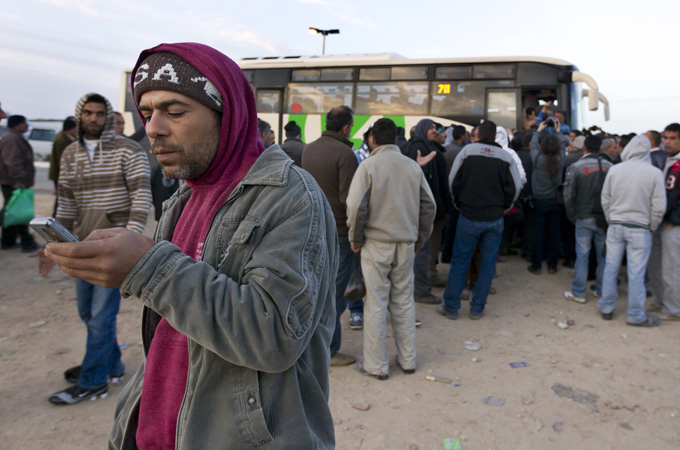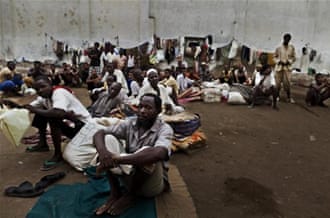By Justin Dorman
Impunity Watch Reporter, Middle East
SANA’A, Yemen– The humanitarian organizations Human Rights Watch and Amnesty International have pleaded with Yemeni President Abdu Rabu Mansour Hadi to save the life of Mohammad Abd al-Karim Mohammad Haza’a. Haza’a, who may have been a minor when he was convicted, has been sentenced to death, and is scheduled to be shot by firing squad tomorrow morning.

Haza’a was first found guilty of murder in August 1999 by the Court of First Instance in Taizz. He was only sentenced to imprisonment and a payment of blood money, known as diya, because Haza’a was found to be seventeen at the time the crime was committed.
Under international law, states are strictly prohibited from utilizing capital punishment as a sanction against a minor who has committed a crime. Where a convict’s age is disputed, a presumption will arise in favor of finding the convict a minor. Any action would be stayed contingent on an investigation into the truth.
Nevertheless, on appeal, the appellate court amended Haza’a’s sentence to the death penalty. Because the dissenting judge believed that Haza’a was a child when he committed the murder, the judge refused to sign onto the decision.
Despite the uncertainty, the Supreme Court affirmed the decision of the Appeals Court in April of 2008. The Supreme Court made no effort to re-examine what Haza’a’s age was when he committed the murder.
The child rights researcher for Human Rights Watch, Priyanka Motaparthy, has urged the president of Yemen not to allow the carrying out of Haza’a’s sentence, which Hadi had inherited from previous president, Ali Abdullah Saleh’s consent.
Haza’a was originally set to be executed last week. His death was delayed a week due to the persistent efforts of groups like Amnesty International, Human Rights Watch, and the Seyaj Organization for Childhood Protection, to stop the capital punishment, while evidence of his juvenile age exists.
If Haza’a is killed tomorrow, he will not be the first Yemeni minor to have been served with capital punishment. As a result of imprecise records and bad rulings, other minors have been sentenced to death. Currently, Haza’a is one of one hundred eighty criminals facing a death sentence for a crime committed by one when the criminal was a juvenile.
Other countries who have executed juveniles in the past five years include Iran, Saudi Arabia, and Sudan.
For further information, please see:
Amnesty International – We Wish to Inform you That Tomorrow you Will be Executed – 8 March 2013
Human Rights Watch – Yemen: Halt Execution of Alleged Juvenile Offender – 8 March 2013
Yemen Post – In Response to Sejay’s Appeal, Taiz Court Suspends Death Penalty Against Juvenile – 27 February 2013



